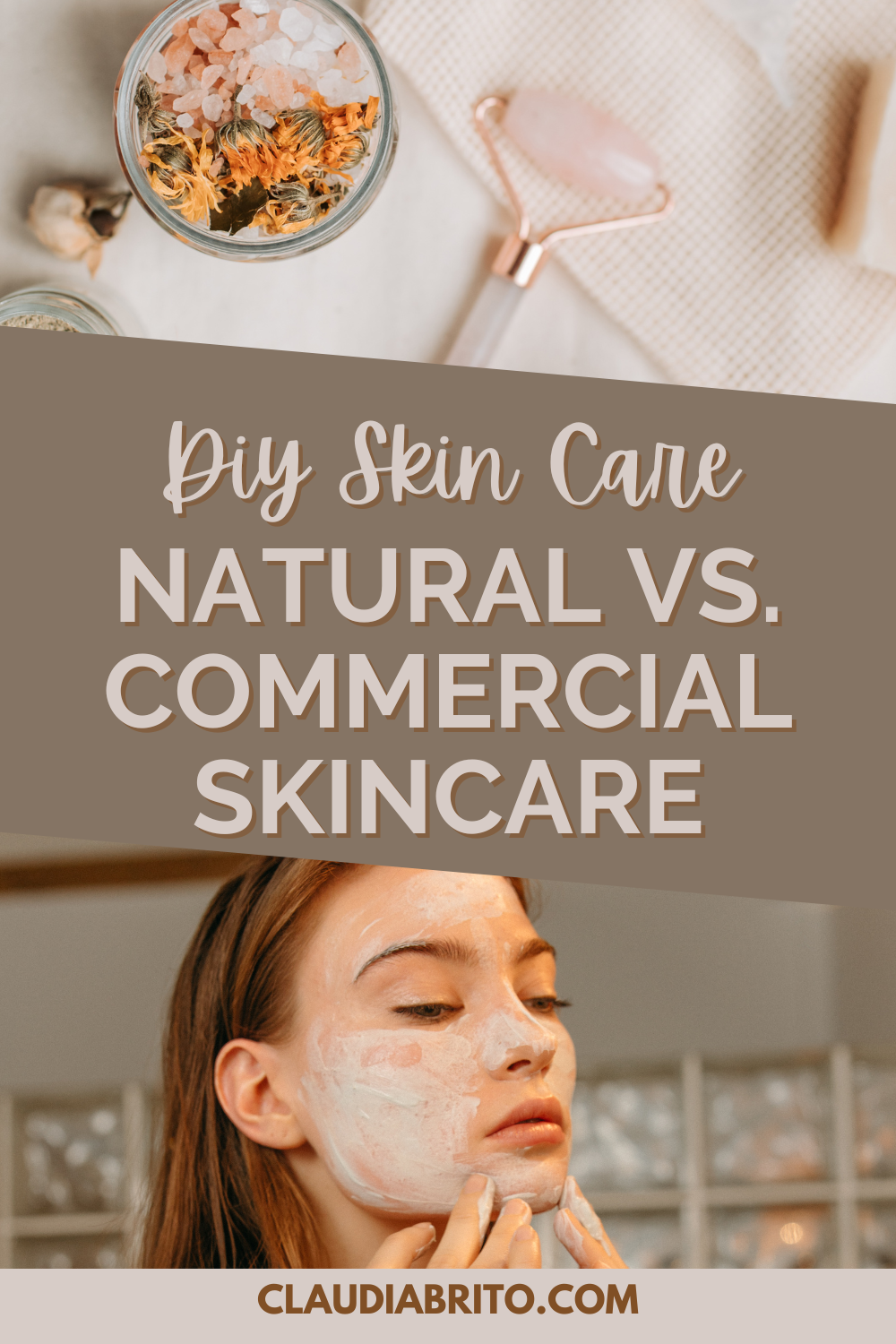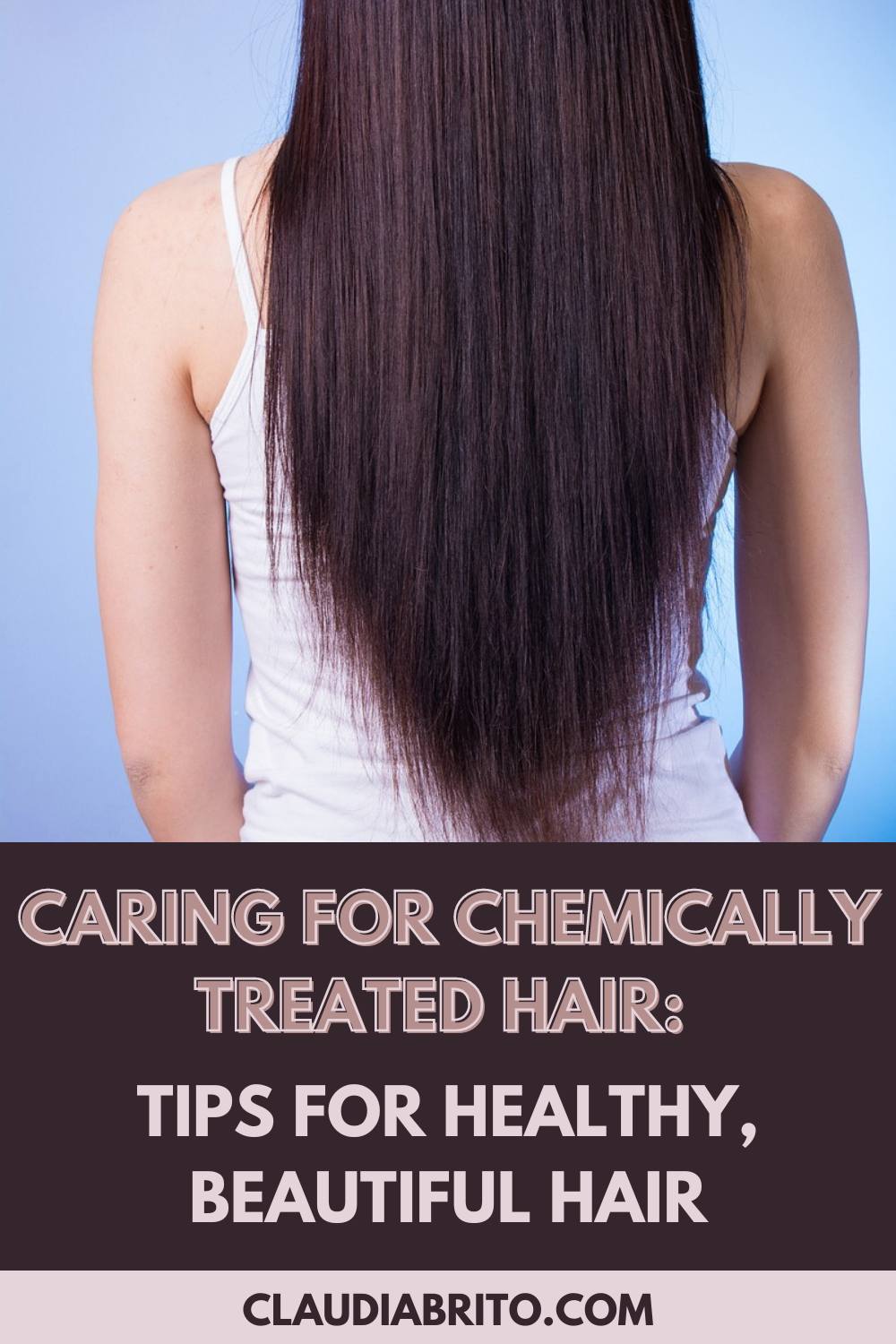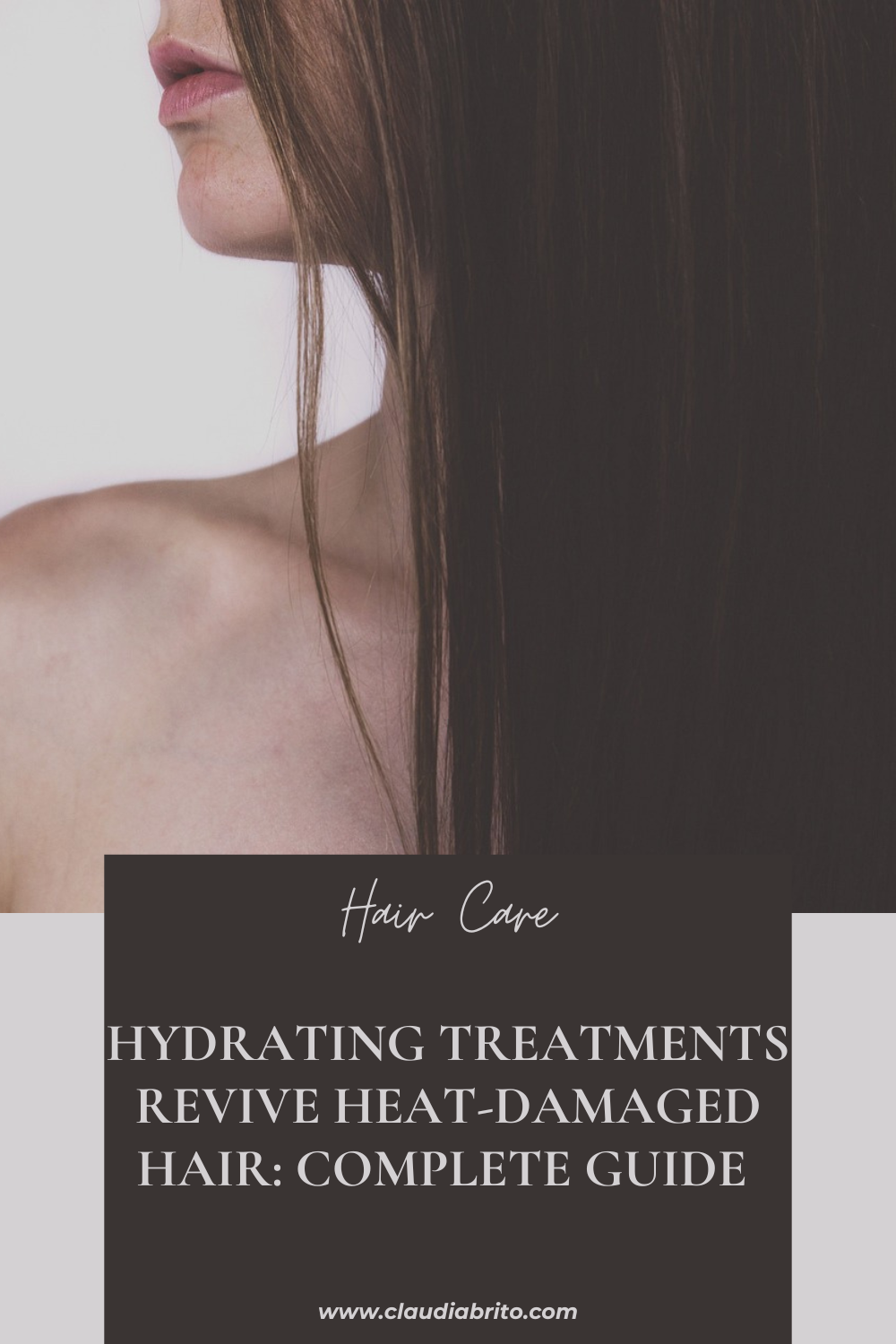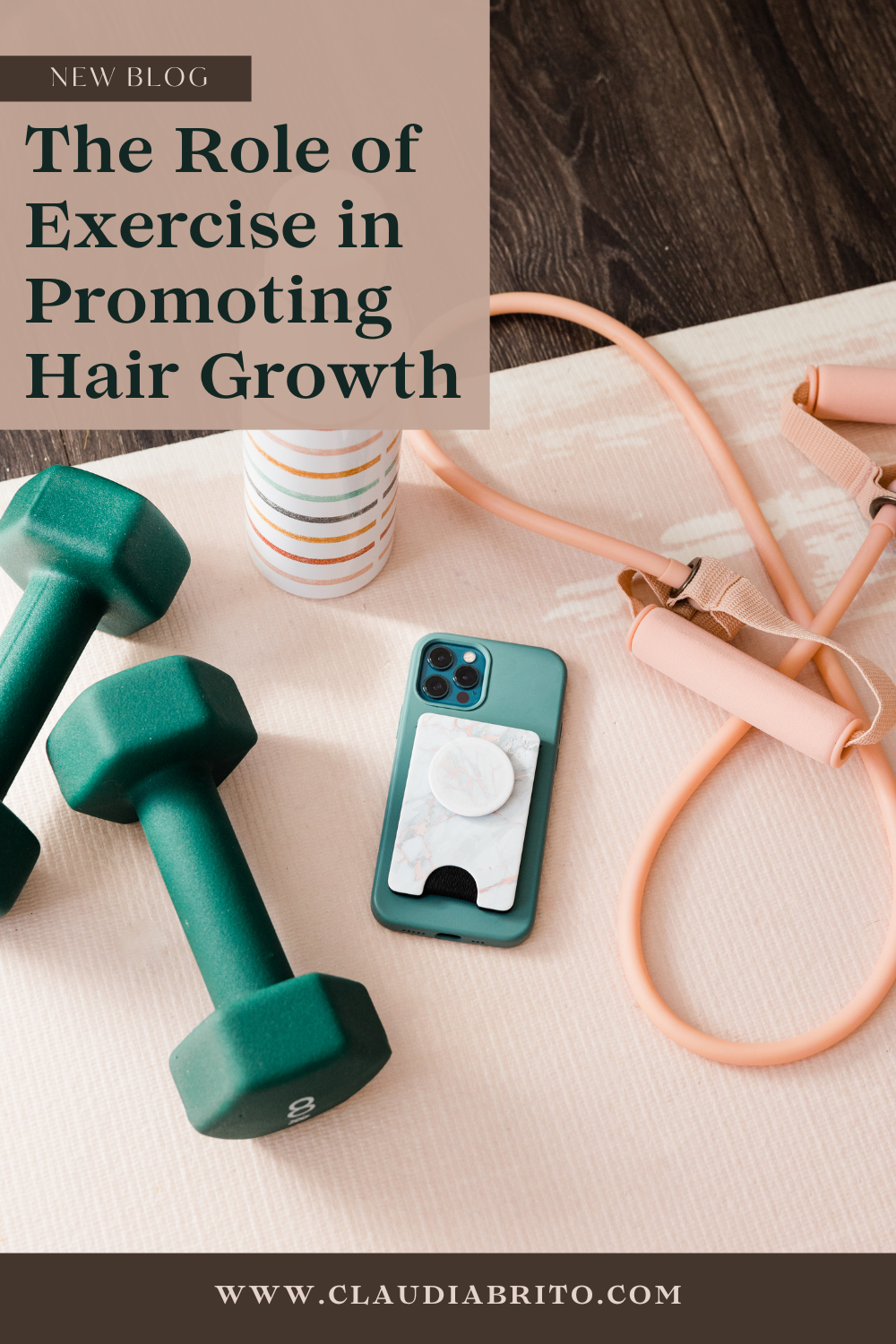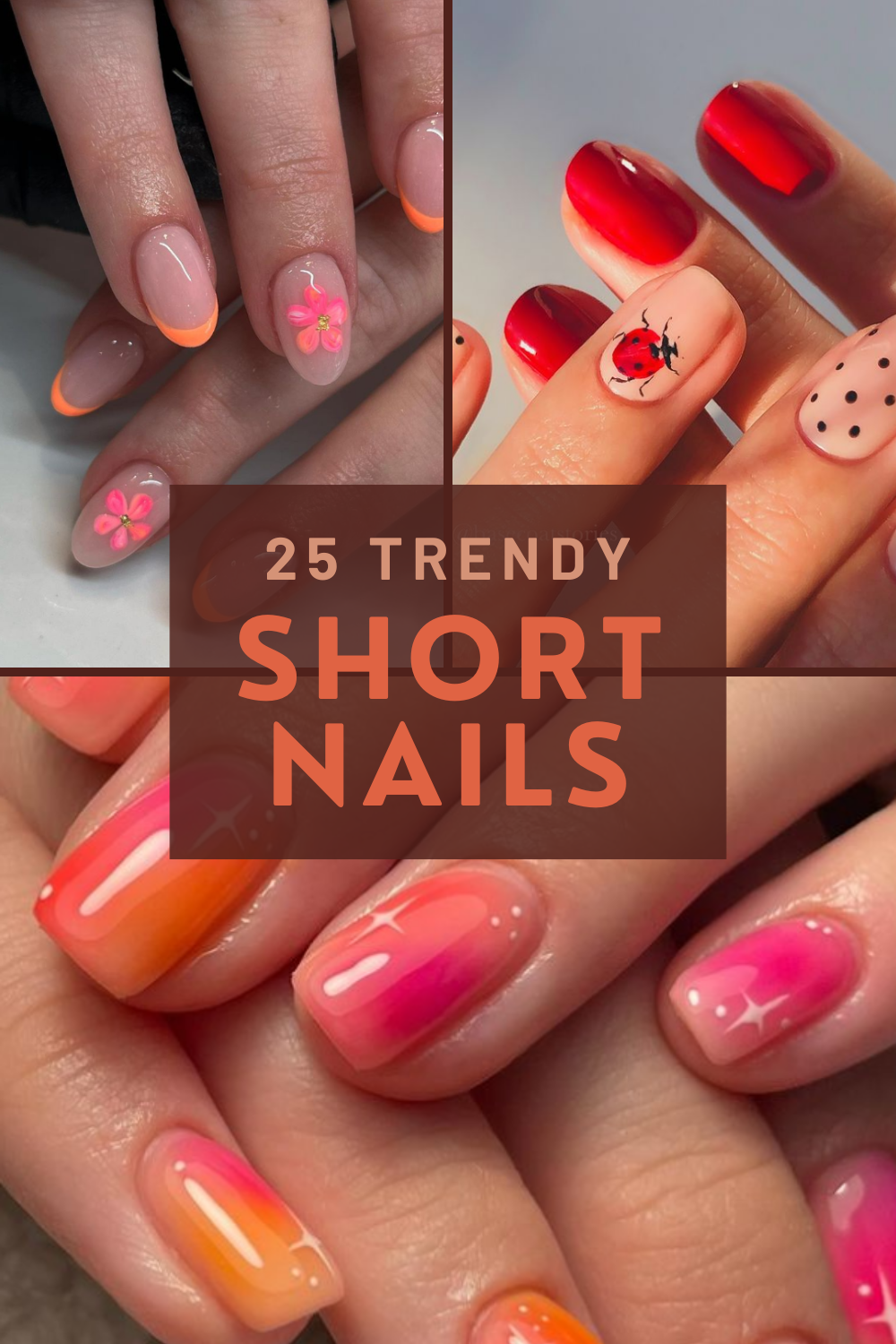The homemade skincare revolution is sweeping across the beauty industry. As part of a broader trend towards natural and DIY solutions, many are turning to homemade skincare products, believing them to be purer, more natural, and potentially more effective than commercial alternatives. But is homemade skincare truly better? Let’s delve into the pros, cons, and considerations of both homemade and commercial skincare products.
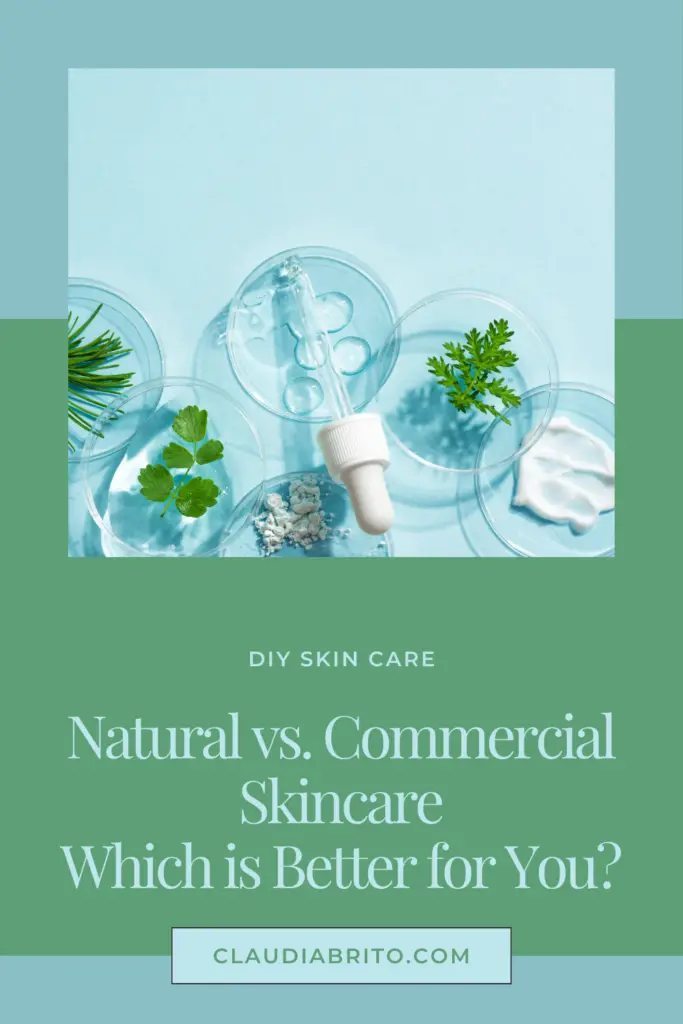
Understanding Skincare Basics
The Structure and Function of Skin:
The skin, the body’s largest organ, serves several crucial functions:
- Protection: Acts as a barrier against environmental factors and UV radiation.
- Temperature Regulation: Manages heat through sweat production and blood flow.
- Sensation: Contains receptors for touch and temperature.
- Vitamin D Synthesis: Produces Vitamin D when exposed to sunlight.
The skin consists of three main layers:
- Epidermis: The outer layer, providing waterproofing and a barrier.
- Dermis: Contains blood vessels, hair follicles, and sweat glands.
- Hypodermis: The deepest layer, made of fat and connective tissue.
Benefits of Homemade Skincare
1. Control Over Ingredients – Homemade skincare allows control over what goes into the products, ideal for those with sensitive skin or allergies.
2. Customization – DIY skincare can be tailored to specific skin types and concerns.
3. Cost-Effectiveness – Homemade products can be more affordable than commercial alternatives, especially high-end brands.
4. Environmental Considerations – DIY skincare often involves less packaging and can use eco-friendly ingredients.
5. Connection to Nature and Tradition – Many recipes draw on traditional remedies and natural ingredients, offering a connection to nature and cultural heritage.
The Challenges of Homemade Skincare
1. Lack of Preservatives – Homemade products often lack preservatives, leading to bacterial growth and potential skin infections.
2. Stability and Shelf Life – Without stabilizers, products have a short shelf life and may degrade quickly.
3. Inconsistent Formulations – Achieving consistent results can be challenging without professional equipment and expertise.
4. Raw Ingredient Safety – Some ingredients may contain harmful bacteria or contaminants if not properly sourced.
5. pH Balance – Improper pH balance can lead to skin irritation or reduced effectiveness.
6. Lack of Rigorous Testing – Homemade products usually don’t undergo rigorous safety and efficacy testing.
The Science Behind Commercial Skincare
Commercial skincare products, particularly those from reputable brands, are often backed by extensive scientific research and development, giving them a distinct edge over homemade alternatives.
These products incorporate advanced formulations that enhance the delivery and effectiveness of active ingredients. For example, technologies like liposomes, nanoparticles, and time-release systems ensure that beneficial compounds penetrate deeper into the skin and provide sustained benefits.
Many commercial products contain scientifically proven ingredients such as retinoids, which are derivatives of Vitamin A known for their anti-aging properties.
Hyaluronic acid, a powerful humectant that can hold up to 1000 times its weight in water.
Peptides, which are short chains of amino acids that stimulate collagen production; and antioxidants like Vitamins C and E, which protect against free radical damage.
Furthermore, commercial skincare products are formulated with appropriate preservatives and stabilizers to ensure a longer shelf life and maintain the efficacy of active ingredients over time. Quality control and safety testing are rigorous, including microbial testing, stability testing, patch testing for allergic reactions, and clinical trials to substantiate efficacy claims.
Additionally, these products must comply with regulatory standards set by bodies such as the FDA in the United States or the EMA in Europe, ensuring a baseline of safety and quality. This rigorous process means that commercial skincare products are generally safer and more effective than homemade alternatives, offering reliable results for consumers.
Comparing Homemade and Commercial Skincare
Ingredient Quality and Purity
- Homemade: Can use high-quality, organic ingredients but quality may vary.
- Commercial: Often use pharmaceutical-grade ingredients but may include synthetic additives.
Customization
- Homemade: Highly customizable to individual needs.
- Commercial: Limited customization, but a wide range of products is available.
Effectiveness
- Homemade: Effective for basic needs but may lack advanced formulations.
- Commercial: More effective due to scientifically formulated ingredients.
Safety
- Homemade: Potential risks due to lack of preservatives.
- Commercial: Generally safer due to rigorous testing.
Cost
- Homemade: Cost-effective for basic products, can be expensive for complex formulations.
- Commercial: Varies from affordable to high-end luxury brands.
Shelf Life
- Homemade: Short, often a few weeks to a few months.
- Commercial: Usually 6-12 months after opening.
Environmental Impact
- Homemade: Often uses less packaging.
- Commercial: Varies, with some brands focusing on sustainability.
Combining Homemade and Commercial Approaches
A combination of homemade and commercial products can offer the best of both worlds:
- Use homemade products for basic needs like cleansing and moisturizing.
- Rely on commercial products for complex treatments or targeted concerns.
- Incorporate natural ingredients as boosters or occasional treatments.
Safety Considerations for Homemade Skincare
- Research ingredients thoroughly.
- Use proper sanitation techniques.
- Start with patch tests.
- Be cautious with essential oils.
- Understand the limitations of homemade preservatives.
- Avoid known comedogenic or irritating ingredients.
Is Homemade Skincare Better?
Both homemade and commercial skincare have their merits and drawbacks:
- Homemade Skincare: Offers control, customization, and a connection to natural ingredients. Ideal for those with time, knowledge, and commitment.
- Commercial Skincare: Provides scientifically advanced formulations, rigorous testing, and reliable results. More convenient and generally safer.
The best approach to skincare:
- Suits your individual skin type and concerns.
- Fits your lifestyle and values.
- Provides consistent, visible results.
- Maintains the health and safety of your skin.
A combination of homemade and commercial products, informed decisions, and attentive care can lead to healthy, radiant skin.
YOU MIGHT ALSO LIKE
Caring for Chemically Treated Hair: Tips for Healthy, Beautiful Hair
Chemically treated hair can look amazing, but it requires special care to stay healthy and strong. Whether you’ve colored, bleached, permed, or relaxed your hair, chemical processes alter…
4 min read
How Hydrating Treatments Revive Heat-Damaged Hair: Complete Guide to Repair and Care
Introduction Heat styling tools like flat irons, curling wands, and blow dryers can help you achieve your desired hairstyle, but they can also wreak havoc on your hair.…
4 min read
How Green Tea Boosts Hair Growth: Benefits and Science
Introduction Green tea has become a go-to ingredient for health-conscious individuals, and its potential to enhance hair growth is gaining recognition. Thanks to its powerful antioxidant properties and…
4 min read
Does Caffeine Really Promote Hair Growth?
In the ever-expanding world of hair care, caffeine has gained a reputation for its potential in promoting hair growth and reducing hair loss. While caffeine is best known…
4 min read
The Role of Exercise in Promoting Hair Growth
Hair growth is a complex process influenced by factors like genetics, diet, hormonal balance, and overall health. Among these, exercise stands out as a significant contributor to healthy…
4 min read
Chic and Simple: The Guide to 25 Styling Short Nails
Short nails are often underrated, but they offer a world of possibilities for style and care. Whether you’re a fan of minimalist designs or bold, creative looks, short…
4 min read
